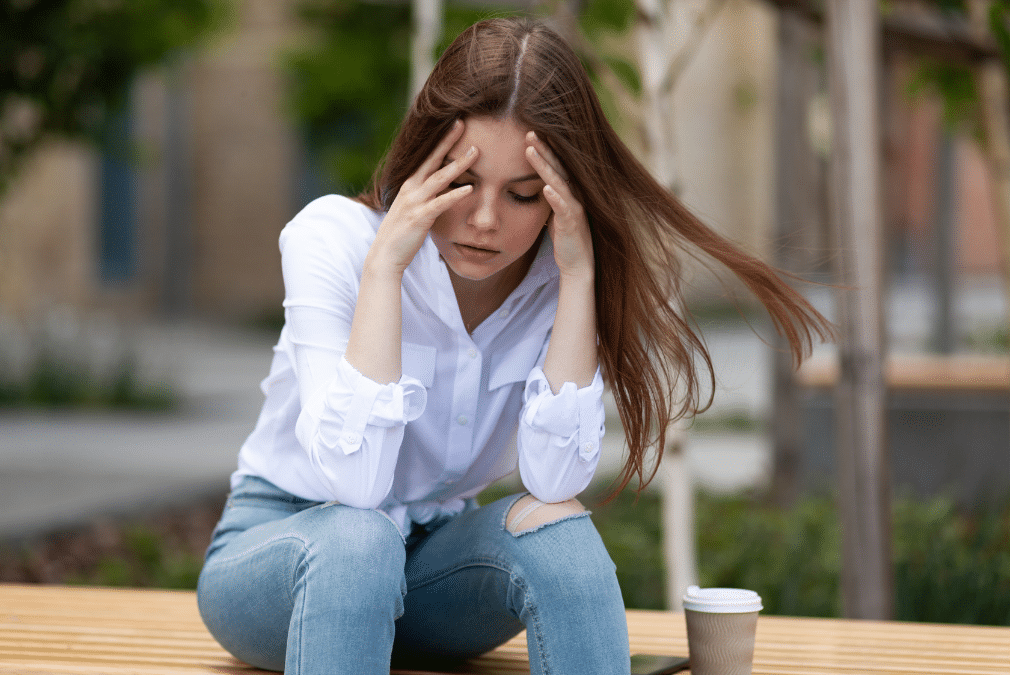Let’s face it, life throws curveballs. Sometimes, those curveballs can knock us down and leave us feeling stuck in a pit of negativity. That’s where depression creeps in, a shadowy monster that can zap our energy, motivation, and joy. But fear not, fellow warriors against the blues! There’s a whole arsenal of treatments out there, ready to help us reclaim our sunshine.
In this post, we’ll delve into the topic “What are the best Treatments for Depression?” exploring therapy techniques, medication options, and lifestyle hacks that can get you back on your feet. We’ll ditch the stuffy medical jargon and focus on real-talk solutions you can implement in your daily life.
Therapy Talk: Chatting Your Way to Betterment
Let’s talk therapy! Therapy isn’t about lying on a couch and spilling your childhood woes (although that can be part of it). It’s about working with a trained professional to develop tools and strategies to manage your depression. Here are a few popular types:
- Cognitive Behavioral Therapy (CBT): This rockstar of therapy teaches you to identify and challenge negative thought patterns that fuel depression. Think of it as mental weightlifting, strengthening your ability to see situations in a more positive light.
- Interpersonal Therapy (IPT): This therapy focuses on how your relationships impact your mood. IPT can help you navigate tricky social situations, improve communication skills, and build stronger support networks – all essential for combating depression.
- Psychodynamic Therapy: This therapy delves deeper, exploring the unconscious roots of your depression. It can unearth past experiences or conflicts that might be contributing to your current state.
Medication Matters: Can Pills Help?
Medication is another powerful tool in the fight against depression. Antidepressants work by regulating chemicals in your brain, like serotonin and dopamine, that play a role in mood regulation. Here’s a quick rundown on some common types:
- Selective Serotonin Reuptake Inhibitors (SSRIs): These are the first-line treatment for many people with depression. SSRIs increase serotonin levels, which can improve mood, sleep, and appetite.
- Serotonin-Norepinephrine Reuptake Inhibitors (SNRIs): These work similarly to SSRIs but also affect norepinephrine, another brain chemical linked to mood and energy.
- Tricyclic Antidepressants (TCAs): These are older medications that can be effective but may come with more side effects than newer options.
Medication isn’t a magic bullet. It can take time to find the right medication and dosage, and it often works best when combined with therapy.
Read more about “How Unresolved Grief Affects Relationships” on our blog page today to know more about it!

Lifestyle Hacks: Supercharge Your Self-Care
There are amazing things you can do in your daily life to supercharge your mood and fight off depression. Here are some lifestyle hacks to consider:
- Move Your Body, Boost Your Mood: Exercise is a natural mood elevator. It releases endorphins, those feel-good chemicals that combat stress and negativity. Aim for at least 30 minutes of moderate-intensity exercise most days of the week.
- Sleep Like a Champion: When you’re depressed, sleep can become a battleground. But good sleep is essential for mental well-being. Establish a regular sleep schedule, create a relaxing bedtime routine, and prioritize a sleep-conducive environment.
- Fuel Your Mind and Body: What you eat affects your mood. Aim for a balanced diet rich in fruits, vegetables, whole grains, and lean protein. Limit processed foods, sugary drinks, and excessive caffeine, which can worsen depression symptoms.
- Sunshine Power: Sunlight exposure helps regulate your sleep-wake cycle and boosts serotonin production. Spend some time outdoors each day, even if it’s just for a short walk.
- Connect and Belong: Social connection is a powerful antidote to depression. Nurture your relationships with loved ones, join a club or support group, or volunteer in your community. Feeling connected to others can make a world of difference.
- Mindfulness Magic: Mindfulness practices like meditation and yoga can help you become more aware of your thoughts and feelings without judgment. This allows you to detach from negative thought spirals and cultivate inner peace.
Alternative Treatments: Beyond the Conventional
In addition to the more traditional treatments, there are several alternative therapies that some people find helpful for managing depression:
- Acupuncture: This ancient Chinese practice involves inserting thin needles into specific points on the body. Some studies suggest it can help relieve depression symptoms.
- St. John’s Wort: This herbal supplement has been used for centuries to treat depression. It’s thought to work similarly to antidepressants, but it can interact with other medications, so consult your doctor before trying it.
- Omega-3 Supplements: Omega-3 fatty acids, found in fish oil, have been shown to help reduce symptoms of depression. They are a simple addition to your daily routine.
- Light Therapy: Particularly useful for seasonal affective disorder (SAD), light therapy involves sitting in front of a special light box that mimics natural sunlight.
Social Support: You’re Not Alone
One of the most important aspects of managing depression is having a strong support system. Whether it’s friends, family, or support groups, having people you can talk to and rely on can make a world of difference. Support groups, both in-person and online, offer a sense of community and understanding that can be incredibly comforting.

Combining Treatments: A Holistic Approach
Often, the best approach to treating depression is a combination of treatments. Medication can help manage the biological aspects of depression, while therapy can address the psychological and emotional components. Lifestyle changes and alternative treatments can provide additional support and relief.
For example, someone might take an SSRI to help with the chemical imbalance in their brain, attend CBT sessions to work on changing negative thought patterns, incorporate regular exercise and a healthy diet into their routine, and use mindfulness techniques to manage stress. This holistic approach can be incredibly effective.
Seeking Professional Help
If you’re struggling with depression, it’s crucial to seek professional help. A healthcare provider can help you navigate your treatment options and find the best plan for you. Don’t hesitate to reach out to a mental health professional, whether it’s your primary care doctor, a psychiatrist, or a therapist.
Feeling overwhelmed by sadness or loss? Life can throw some heavy punches, and sometimes, you need a professional in your corner. If you’re in the Arlington area, Elysian Psychological Services is a verified Arlington Depression Treatment Center that offers a variety of therapy options, including grief therapy. Don’t bottle it up alone – a therapist can be a supportive teammate, helping you work through tough emotions and develop healthy coping mechanisms.
Final Thoughts
Dealing with depression is tough, but it’s important to remember that you’re not alone and help is available. The best treatment for depression varies from person to person, so it might take some time to find what works best for you. Whether it’s medication, therapy, lifestyle changes, or a combination of these, there’s hope for managing depression and leading a fulfilling life.
If you or someone you know is in immediate danger or experiencing a crisis, please seek emergency help right away. Depression can be serious, but with the right support and treatment, it is manageable. Take care of yourself, and remember that reaching out for help is a sign of strength, not weakness.Are you searching for the best treatments for depression? Look no further! Elysian Psychological Services offers personalized care tailored to your unique needs. Start your journey to better mental health with our expert therapists. Contact us today and take the first step towards a brighter future.


